Israeli troops to become 'sitting ducks' for Hezbollah in case of Lebanon ground invasion: Expert
A Lebanese political analyst has praised Hezbollah’s operational capabilities, warning that Israeli forces will become "sitting ducks" for the Lebanese resistance group should they attempt a ground invasion of southern Lebanon.
“Hezbollah's ability to rebound from the pager attacks and the assassination of its senior commanders is a testament to its operational resilience and capacity to withstand shocks to its command-and-control structure,” stated Amal Saad, a lecturer at Cardiff University, in a post on X (formerly Twitter).
Her remarks were part of a seven-part thread analyzing Israel’s recent military offensive and the potential risks of Tel Aviv expanding the war into Lebanon.
Saad added that if Israel were to attempt a ground invasion of southern Lebanon to establish a buffer zone, Hezbollah would welcome the challenge.
This is where Hezbollah's true strength lies: in close combat and repelling occupations. IDF troops would effectively become sitting ducks, vulnerable to the Resistance’s advanced hybrid warfare tactics, she added.
Following the pager blasts in Lebanon, which killed at least 39 people and injured over 3,000, Hezbollah’s Secretary General Sayyed Hassan Nasrallah delivered a televised address on Thursday.
In his speech, Nasrallah asserted that Tel Aviv "had not achieved its objectives" and vowed that Israel would face "harsh retribution and just punishment, delivered both where it expects and where it does not.”
“Whatever the sacrifices, whatever the consequences, whatever may happen, we will not cease our support for Gaza, and Lebanon’s front with Israel will remain active until the aggression in Gaza ends,” Nasrallah vowed in his latest address.
Saad further elaborated on Hezbollah’s retaliatory strikes, explaining that the group has limited its attacks to strategic “military targets, installations, and weapons factories” deep inside the occupied territories.
In comparing the approaches of the two sides, she remarked while Israel’s strategy revolves around “displacement and massacre,” Hezbollah’s focus has been on “paralysis.”
Saad then analyzed Hezbollah's strategic response to Israeli aggression on Monday and Tuesday, noting that the group's approach has been twofold: "horizontally," by broadening the scope of attacks across Israel, and "vertically," by increasing the intensity of strikes and introducing new weapons systems.
Through these actions, she stated, Hezbollah has extended its de facto security zone into northern Israel, reaching as far as Haifa. This has significantly increased the number of displaced Israelis, from tens of thousands to hundreds of thousands.
She also highlighted the Israeli "farcical claims" regarding Lebanese households harboring cruise missiles, asserting that the crudely constructed Israeli narrative "appears to serve no purpose beyond being a tactic of blackmail to pressure Hezbollah into capitulating to Israel’s demands."
Enumerating the Israeli objectives behind its attacks on southern and eastern Lebanon, she said that the Tel Aviv regime’s "fleeing forward strategy" encompasses several unrealistic goals, none of which seemed to be achieved.
Among the objectives she identified were pushing Hezbollah to retreat from the border and withdrawing its support for Gaza, displacing residents of southern Lebanon to use as leverage for the return of settlers to the north of the occupied territories, and demoralizing resistance fighters while degrading Hezbollah's military capabilities.
VIDEO | Austrians arrested at Gaza protest in Vienna
10 killed in bus crash in western Iran
5 Israeli forces killed as Palestinian fighters face up to regime’s war machine
VIDEO | An insider's view of the country: Persian Tahini, Royan in Mazandaran
VIDEO | Israeli settler killed during strike against Tel Aviv; fresh aggression targets Yemen’s capital
VIDEO | Yemen’s missile strikes on Tel Aviv
Iran to open 6 GW of new power capacity by next summer
VIDEO | South Korean rallies set the stage for battle over Yoon's impeachment


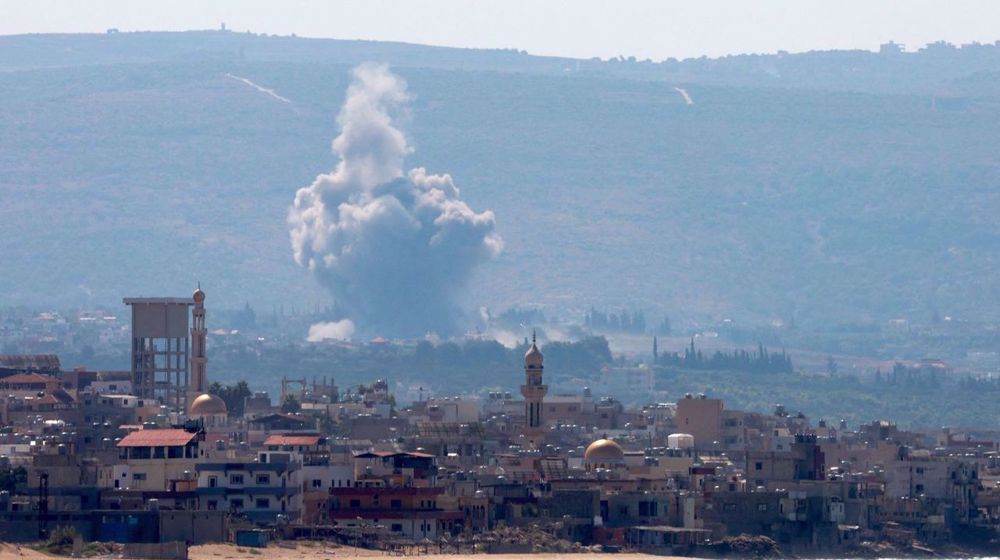
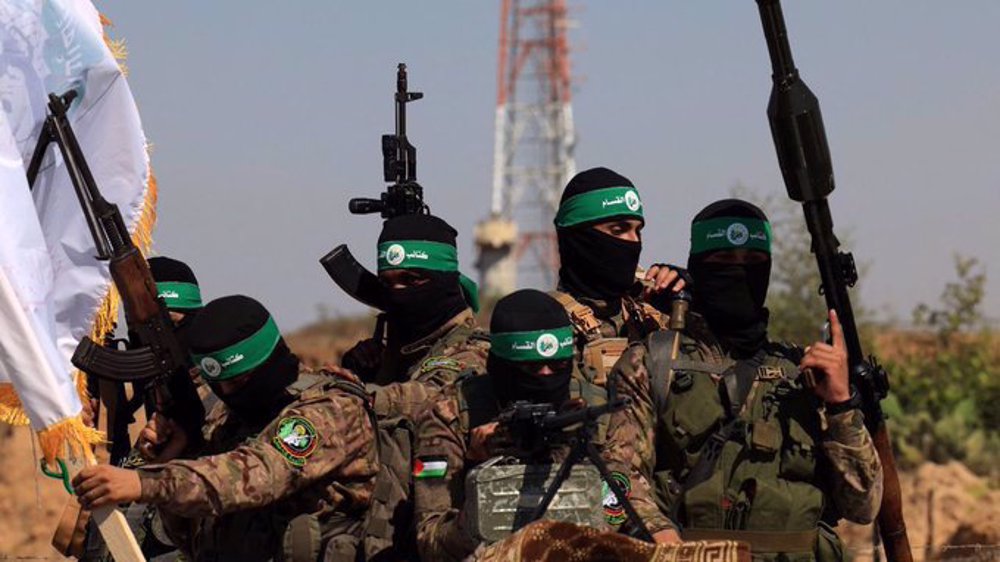
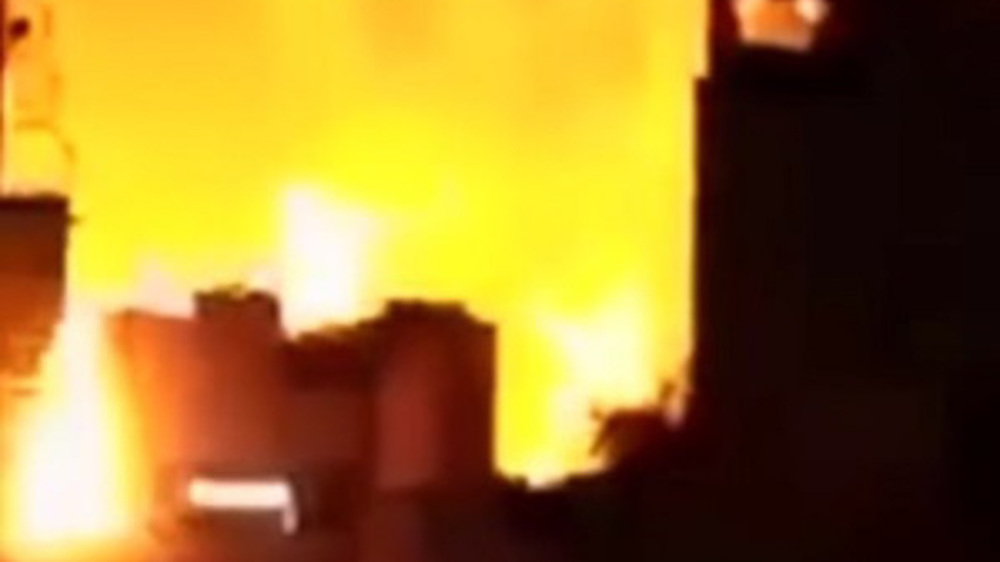
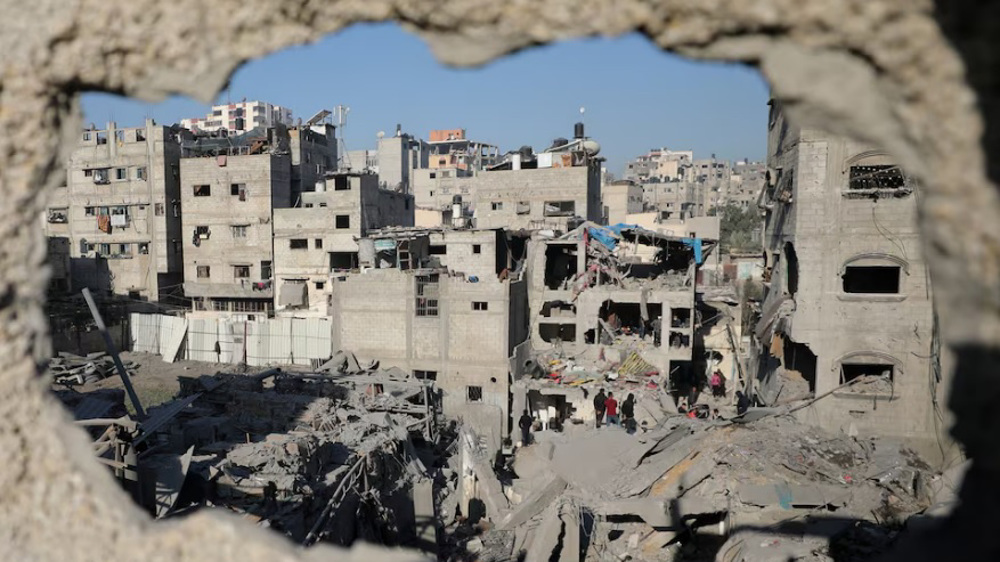



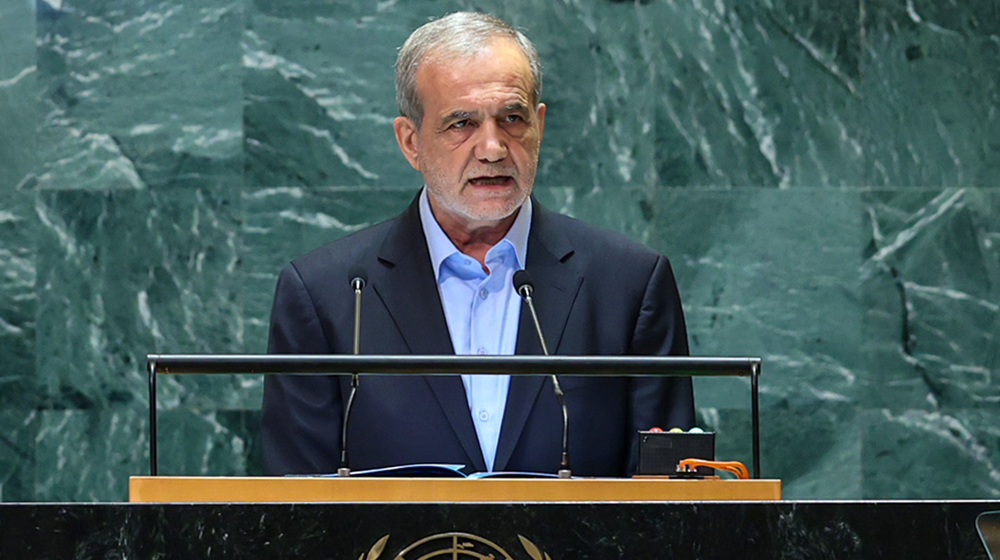
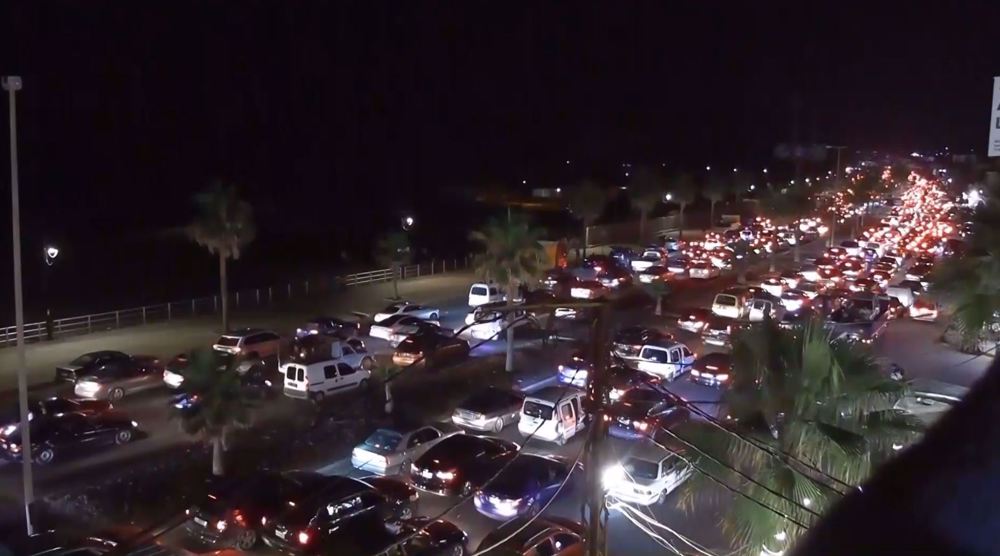
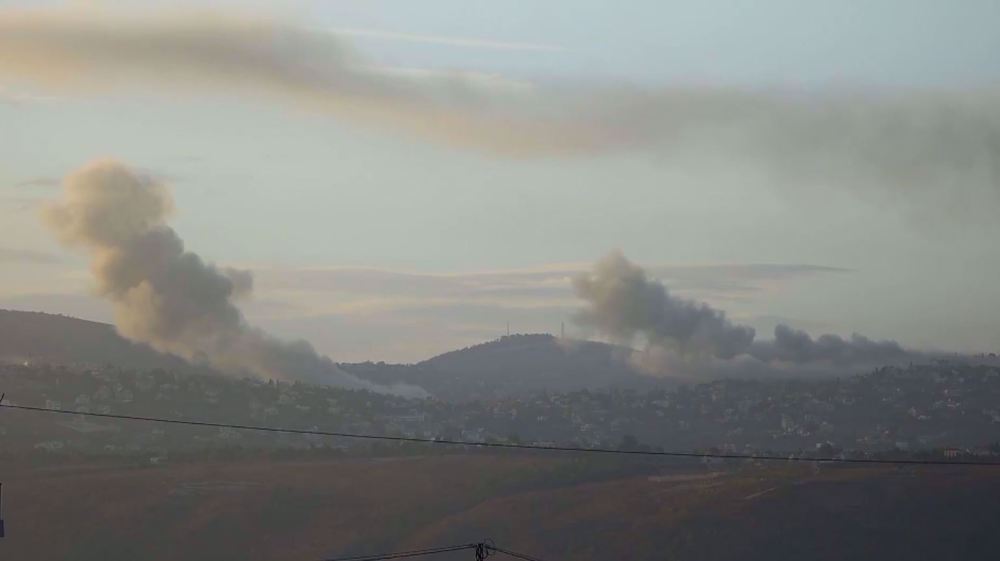

 This makes it easy to access the Press TV website
This makes it easy to access the Press TV website